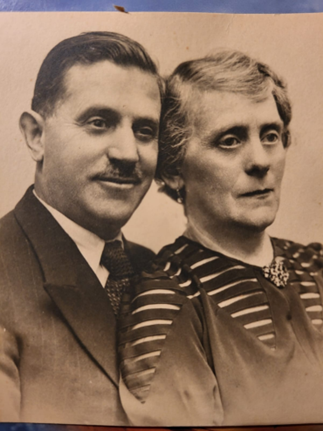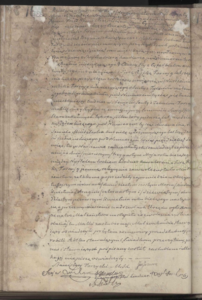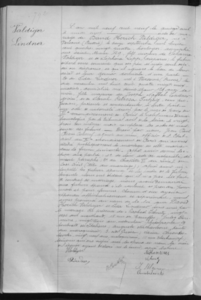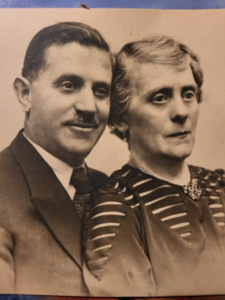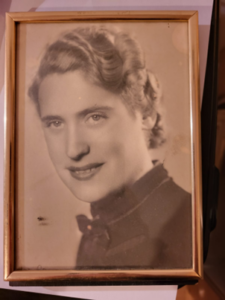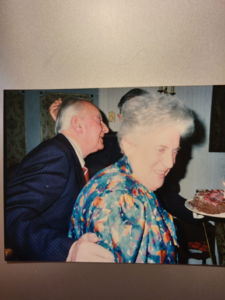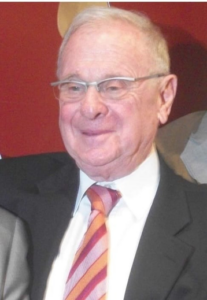Ida VALDIGER, née LINDNER
Ida Lindner was born on September 9, 1885 in Warsaw, Poland. Her parents were Józef Naftal Lindner and Sarah Rebecca Forcajg, and she had 19 brothers and sisters (including Louise and Nathan, who we have been able to trace).
She left home and moved to France early in the 20th century. We assume she met the man who was to become her husband, David Herich Valdiger, in France. They were married on April 15, 1909 in Paris, and a year later, on April 19, 1910, they had a daughter, Denise. On January 24, 1928, Ida became a French citizen. We do not know if that was when her mother and sister moved to France to be with her, or if all three of them arrived at the same time.
1: Josef Naftali Lindner and Sura Ryfka Forcajg’s marriage certificate, issued in Warsaw in 1862
2: David Hersz Valdiger and Ida Lindner’s marriage certificate, issued in Paris in 1909
The couple specialized in leather goods, and the business was passed on to the next generation. The Valdiger family lived on the income from the business, which was based in their apartment at 8, rue Louis Ganne in the 20th district of Paris. The apartment was simple but comfortable, they had a radio, and the building had a wrought iron elevator and a spiral staircase that served all the apartments.
Ida and David Valdiger
In 1930, their daughter Denise married Maurice Langer; a year later, on January 19, 1931, they had a son they named Guy. The little boy became very close to his grandmother, Ida, and she played an important role in raising him.
Sadly, that bond was broken when the Second World War broke out on September 1, 1939. The Langers (Denise, Maurice and little Guy) fled Paris and hid out on a farm near Toulouse. In this unfamiliar environment, Guy missed a year of school.
Denise Langer
Ida and David, both of whom were French citizens, felt safe enough in Paris as they knew their neighbours well, so decided to stay on in the city. Tragically, however, someone reported them to the authorities. Ida was formally arrested on July 20, 1944 and taken to Drancy internment camp, north of Paris, that same day, where she was assigned prisoner number 25,326. She remained there until July 31, when she was deported to Auschwitz on Convoy 77. We can safely assume that Ida and her husband were sent to the gas chambers and murdered soon after they arrived.
That was the reason why Guy never saw his grandmother again. The fact that there was no funeral made the pain of her death even harder to bear. Denise, on the other hand, had a cheerful personality that helped her to overcome the ordeal. Her optimism and her talent for writing were just some of the qualities that enabled her to cope with the trauma of the war.
Denise and her husband Maurice moved to Cannes, on the French Riviera, where they became part of a large Jewish community. Their son Guy was a student, a brilliant intellectual and a good conversationalist, but a difficult young man who was haughty towards his family.
Guy then got married and had three daughters, Anne, Claudine and Aline (Aline was murdered at the age of 20 by a boyfriend she had been madly in love with since she was 14) The family gradually stopped speaking Yiddish, despite some members being fluent in the language, and became less and less religious. Some of the family members converted to Judaism, while others became Judeo-Christians or even atheists.
Anne and Claudine named their children after Louise and David.
Maurice and Denise Langer
Guy Langer at the age of 80


 Français
Français Polski
Polski